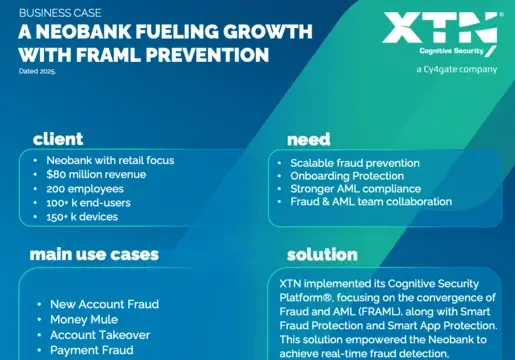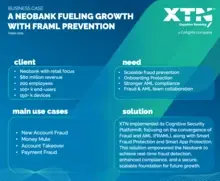
While Oracle is still the most popular database in use today, DB-Engines shows a clear trend in the industry of migration away from Oracle to PostgreSQL. 
Source: DB-Engines
An approximate extrapolation of the trend forward indicates that PostgreSQL will overtake Oracle some time around 2025. Flexible open source licensing and active (free) support from the community are two of the benefits and reasons why enterprises are migrating from Oracle to PostgreSQL. But the most compelling benefit is a significant reduction in costs. With no license fees to pay, the TCO for PostgreSQL is significantly lower than for Oracle, while providing similar or better data service and performance. As a result, IT budgets may become available for projects that companies couldn’t afford otherwise. Now, there are different things you need to know about an Oracle to PostgreSQL migration, and some of these are not so obvious. In addition to reduced costs, there are at least 6 additional benefits to your business which you may not have expected.
No risk of being audited
The risk of being audited is also driving Oracle customers to migrate to PostgreSQL because there’s no potential issue with license compliance at any stage. According to research from Gartner Inc., 68 percent of organizations get at least one compliance audit request every year, most frequently from Oracle, Microsoft, IBM, SAP, and Adobe. And Oracle has one of the most aggressive audit programs of any major software publisher, according to Scott & Scott LLP. Its licensing rules are complex and difficult to understand and the software giant is not very forgiving when it comes to complying with those rules. Non-compliance can potentially lead to massive penalties and financial losses during publisher audits. However, with the liberal license under which PostgreSQL is distributed, enterprises that migrate from Oracle to PostgreSQL don’t have to worry about running afoul of the license or paying any exorbitant penalties.
Valuable to DevOps
Organizations that adopt DevOps are aiming to speed up software and application development by decreasing the overall wait times in their delivery pipelines. This includes reducing the failure rate of new releases, shortening the time between fixes, and faster mean time to recovery. DevOps is most successful when organizations are also able to reduce the complexity of the software design as well as enable continuous feedback from users. All this becomes even more viable when enterprises use open source database technology, such as PostgreSQL, which lends itself very well to this kind of collaborative model. By introducing PostgreSQL and the “cloud-way,” whether in a public, private or on-premises cloud, companies can add the automation layer needed to support fast delivery.
Deployment options
Public cloud providers, such as Amazon Web Services (AWS), Google Cloud Platform (GCP) and Microsoft Azure offer managed database services allowing users to rapidly deploy PostgreSQL with very little complexity. This is not new. There are also commercial solutions that allow enterprises to deploy managed database services on-premises within data centers or edge sites.
Analytical capabilities
If your organization is involved in research or scientific projects, you know that those projects can generate terabytes of data – data that has to be handled efficiently. PostgreSQL has great analytical capabilities and its powerful SQL engine makes it easier to process massive amounts of data. Additionally, PostgreSQL can be easily be extended. You can develop your own business logic in the database and write your own aggregation functions. Bringing the algorithms close to your data, enables developers to be more efficient than if they performed every operation on the application level.
Attract engineering talent
Open source software, such as PostgreSQL, helps enterprises attract engineering talent. With open source becoming pervasive in software development organizations, software engineers are more likely to be enthusiastic about working for organizations that embrace open source software, encourage work environments where DevOps is becoming the standard, and promote participation in collaborative communities like PostgreSQL.
24/7 support and professional services
When it comes to support, Oracle provides large database vendor support according to its service level agreements ( SLAs). You can purchase similar support for PostgreSQL from professional consulting services firms. However, PostgreSQL also has a large developer community that bolsters the SLA support. This provides an additional level of support that sometimes enables bugs to be fixed in a matter of days or even hours after they’re reported.
The bottom line
The rapid growth of PostgreSQL over the past several years indicates that it has a number of advantages that many organizations value, including its deployment options and analytical capabilities. And because both Oracle and PostgreSQL conform to the ANSI (American National Standards Institute) standard, there is a high degree of compatibility between them. The bottom line is that migrating from Oracle to PostgreSQL presents some obvious benefits, but will also help you unlock some unexpected benefits for your business.
This post ran initially on the Stratoscale website written by Simon Grinberg.















Comments ( 0 )